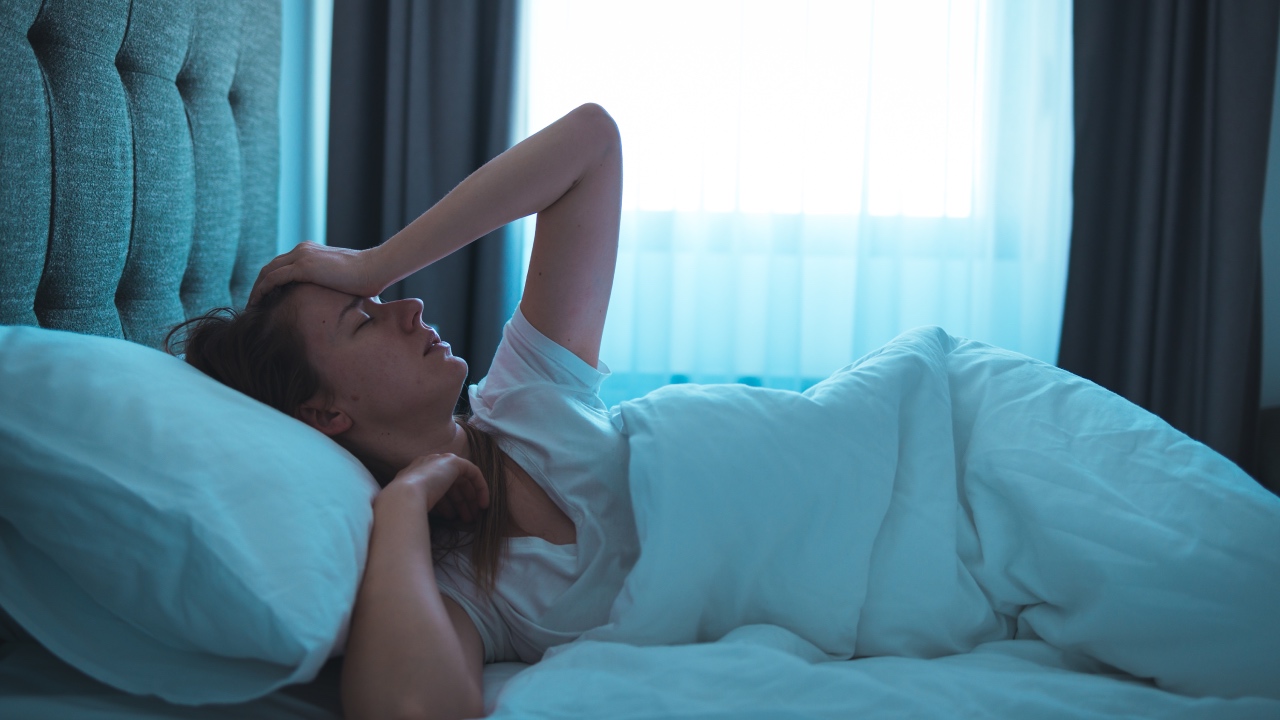5 ways your sleep affects what you eat

We know a good night’s sleep is good for us but logging in those hours of sleep can be a difficult task. Without quality shut-eye, our productivity decreases, immune system weakens and even our dietary health is negatively affected.
You eat more when you sleep less
A Mayo Clinic study comparing the eating habits of people who slept as much as they needed and those who only slept two-thirds of their required rest time for eight days, found the subject who were sleep-deprived ended up eating an average of 549 extra calories each day.
You snack more, especially at night
A lack of sleep can lead to decrease in physical activity and an increase in snacking behaviour. Such behaviours typically leads to weight gain.
You crave extra carbs and fatty foods
The foods we’re snacking on aren’t usually the healthy variety. A 2013 study found that when we’re tired we not only crave unhealthy, -carbohydrate, and high-fat foods but we’re less likely to consider the consequences of such food choices over time.
Disrupted sleep cycle equal changing eating patterns
Your internal clock guides both your sleep patterns and your eating patterns – aka when you feel hungry during the day. A 2011 study found that people who are “late sleepers” tend to delay their meals throughout the day and end up consuming more calories than the average meal. Those late-eating habits affect sleep and perpetuates the cycle.
You don’t eat the right foods
A 2013 study found that sleep-deprived subjects ate half the fruit and vegetable servings of a normal sleeper. This meant losing key nutrients from their diet, which can lead to dietary imbalances and effect the regular functioning of the body.
Image credits: Shutterstock
